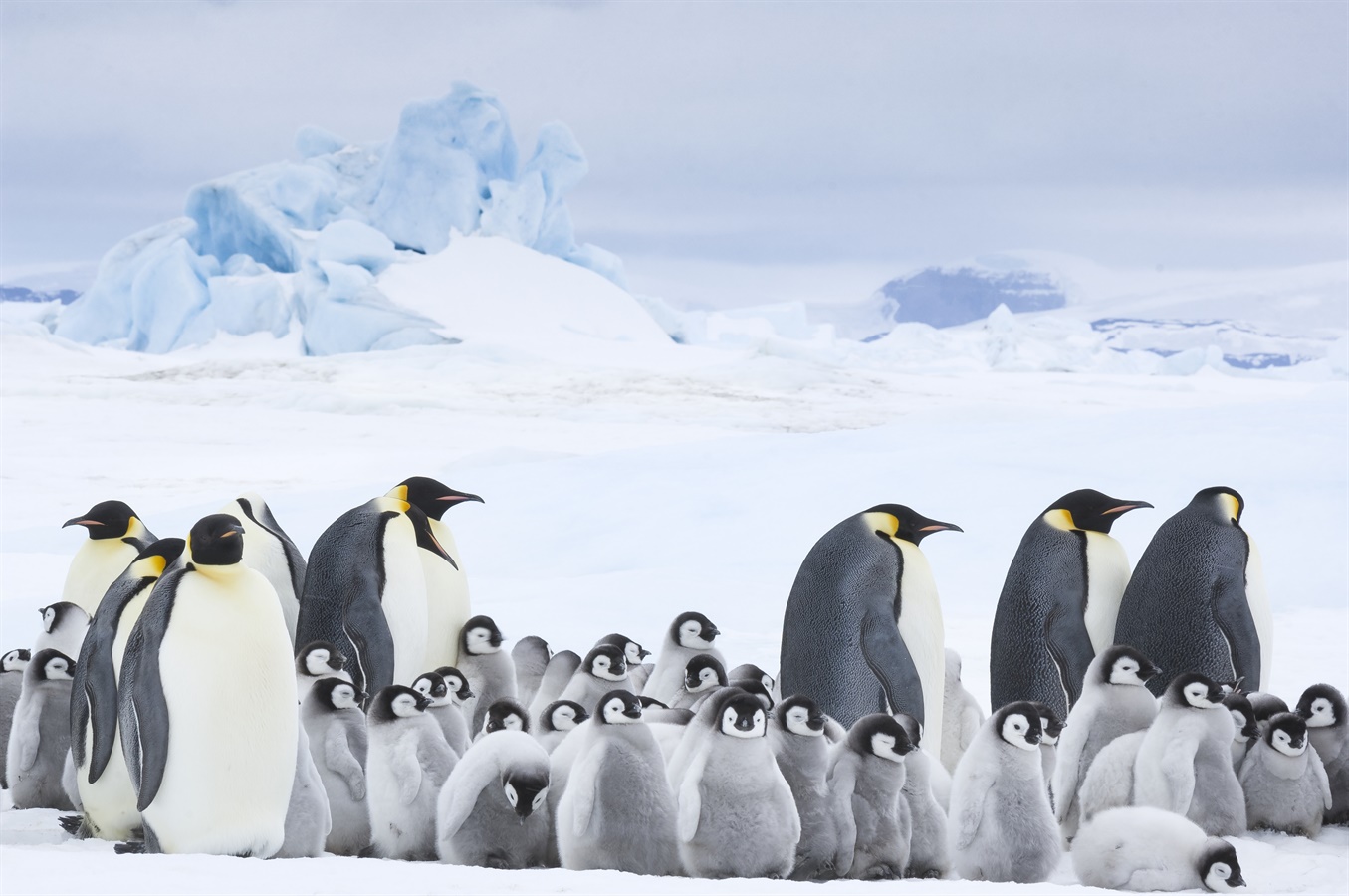I used to love nature programs as a kid. I was always a lover of animals. Yet, the older I get, the less patience I have for them. In fact, I boycott them now almost entirely because of those inevitable scenes of death and suffering (scenes which film-makers actually spend months hoping to capture to give some “excitement” to their documentary) are just too traumatizing for me.
Some of the most graphic and unsettling scenes I witnessed as a child I can still recount today. A wildebeest disemboweled by lions as they kick and scream for life; hyenas attacking a lioness, leaving her to die slowly from a broken jaw and thirst in the African heat; a pod of orcas drowning a baby humpback whale for fun after their mother struggles for hours to protect them, etc.
Even March of the Penguins, rated G and presumably kid-friendly, was, to me, a deeply upsetting film that spotlighted families separated by predation and the cruel slow deaths from exposure and starvation that were sentenced to dependent partners and chicks.
When I was younger, I felt the need to toughen up and force myself to watch. After all, “that’s how it really is,” or so the mantra goes. But now I see it for what it is: the glorification of violence and a forced attempt to frame nature (a generally peaceful space predominantly characterized by coexistence and symbiosis) as a brutish, merciless world. These programs become an ideological justification for the violent society that humans have constructed.
The incantation of “That’s how it really is” encourages society to stifle compassion, peace, and non-violence. By way of another example, the same intention is associated with war movies. Audiences are expected to sit through graphic scenes of boys and men killing other boys and men because “that’s how it really is.” Relentless images of violence against women, which appear to be mandated in modern script-writing, demand the same. Likewise, activists are expected to toughen up and absorb imagery of violence against Nonhuman Animals committed by humans through endless posts on vegan social media spaces, again, because “that’s how it really is.”
The catch is that violence is not really how it is all of the time, or even most of the time. Media is a social construction. What is being presented is consciously fabricated by authors, directors, nonprofit leaders, and others who have an agenda to increase ratings or donations. There is also an agenda to protect the powers that be by ensuring society that inequality is a fact of life. This is a narrative of violence, hierarchy, and patriarchal dominance that is only one perspective, but it becomes a dominant ideology, drowning out alternatives.
As I found my feminist groundings, I finally “toughened up,” but not in the way that Big Media expected me to. I grew the confidence to say no and reject this narrative. I change the channel; I tune out. I realize now that don’t have to punish myself to adhere to patriarchal norms that expect me to suppress my empathy and be ashamed of finding violence abhorrent. To me this isn’t entertainment, it’s indoctrination, and there’s got to be something better on.
A version of this essay was first published on The Academic Activist Blogger on December 19, 2015.
 Dr. Wrenn is Lecturer of Sociology. She received her Ph.D. in Sociology with Colorado State University in 2016. She received her M.S. in Sociology in 2008 and her B.A. in Political Science in 2005, both from Virginia Tech. She was awarded Exemplary Diversity Scholar, 2016 by the University of Michigan’s National Center for Institutional Diversity. She served as council member with the American Sociological Association’s Animals & Society section (2013-2016) and was elected Chair in 2018. She serves as Book Review Editor to Society & Animals and has contributed to the Human-Animal Studies Images and Cinema blogs for the Animals and Society Institute. She has been published in several peer-reviewed academic journals including the Journal of Gender Studies, Feminist Media Studies, Disability & Society, Food, Culture & Society, and Society & Animals. In July 2013, she founded the Vegan Feminist Network, an academic-activist project engaging intersectional social justice praxis. She is the author of A Rational Approach to Animal Rights: Extensions in Abolitionist Theory (Palgrave MacMillan 2016).
Dr. Wrenn is Lecturer of Sociology. She received her Ph.D. in Sociology with Colorado State University in 2016. She received her M.S. in Sociology in 2008 and her B.A. in Political Science in 2005, both from Virginia Tech. She was awarded Exemplary Diversity Scholar, 2016 by the University of Michigan’s National Center for Institutional Diversity. She served as council member with the American Sociological Association’s Animals & Society section (2013-2016) and was elected Chair in 2018. She serves as Book Review Editor to Society & Animals and has contributed to the Human-Animal Studies Images and Cinema blogs for the Animals and Society Institute. She has been published in several peer-reviewed academic journals including the Journal of Gender Studies, Feminist Media Studies, Disability & Society, Food, Culture & Society, and Society & Animals. In July 2013, she founded the Vegan Feminist Network, an academic-activist project engaging intersectional social justice praxis. She is the author of A Rational Approach to Animal Rights: Extensions in Abolitionist Theory (Palgrave MacMillan 2016).
Receive research updates straight to your inbox by subscribing to my newsletter.


